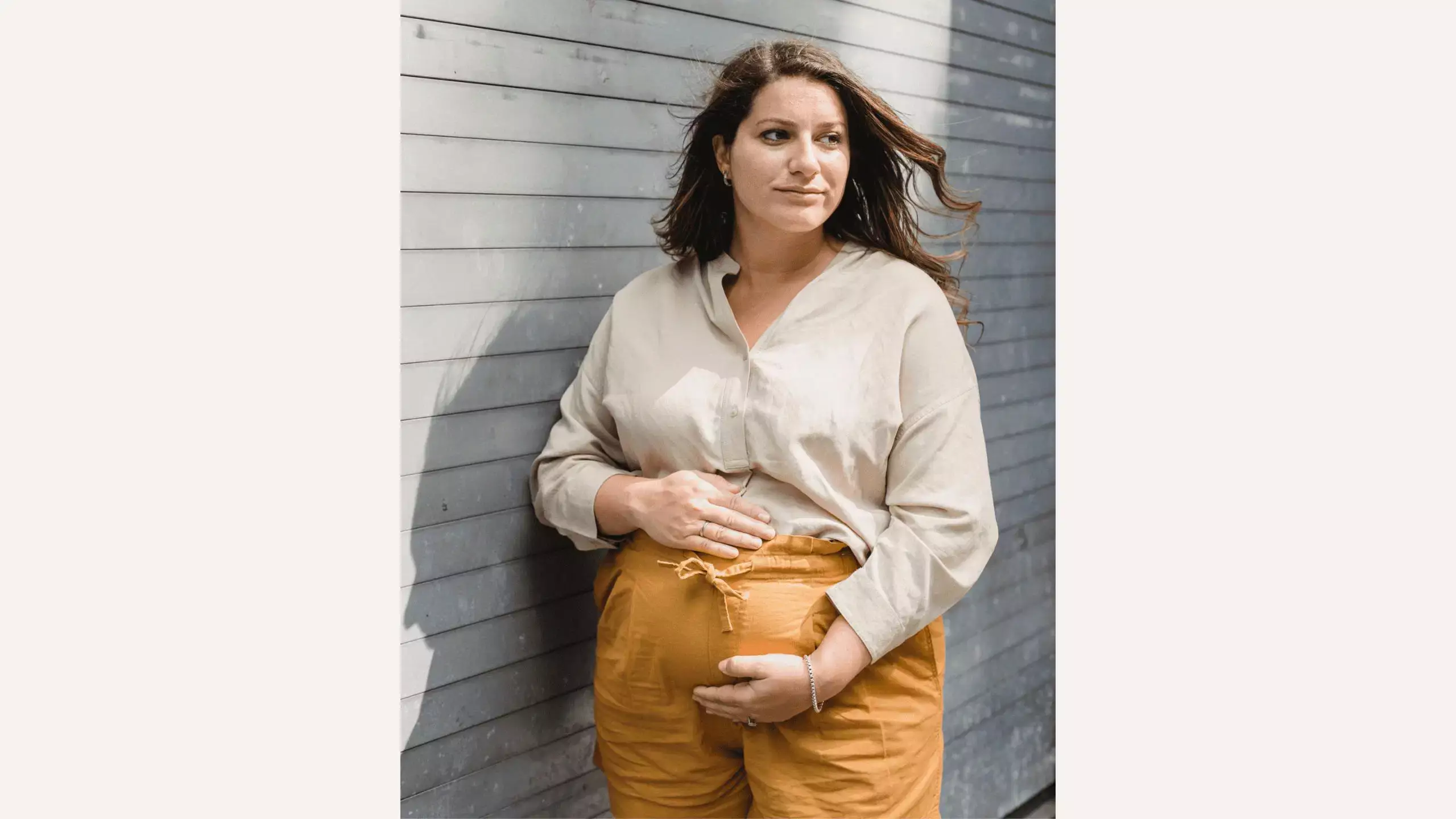The ongoing battle against Covid-19 has illuminated the critical importance of vaccinations, particularly for vulnerable populations such as pregnant women. With the serious ramifications of Covid on maternal health and fetal development, top health organizations in the United States advocate strongly for pregnant women to be vaccinated against this virus. Recent research, affirmatively published in prestigious medical journals, has reinforced the notion that receiving the Covid vaccine during pregnancy—specifically in the first trimester—is not just safe, but essential.
This confluence of voices from healthcare experts and empirical evidence creates a robust narrative advocating for pregnant women to embrace the vaccine as a protective measure, not only for themselves but for their unborn child as well. A significant study published in the New England Journal of Medicine (NEJM) corroborated this stance, providing an in-depth analysis utilizing Norwegian national health registry data. Their findings compellingly suggested no evidence of an increase in early miscarriage risk associated with first-trimester vaccinations. For many women who find themselves in this delicate situation, these results ignite hope, affirming that the vaccine can be safely integrated into their prenatal care regime.
Rethinking the Risk: The Dangers of Covid-19 During Pregnancy
In the face of these findings, it is vital to contextualize the heightened risks that pregnant people face from Covid-19. Data consistently reveals that this demographic is more susceptible to serious health complications from the virus, including hospitalization and severe illness. The tragic peak of Covid-related deaths among pregnant individuals in August 2021 should serve as a clarion call, emphasizing the dire need for protective measures.
Given these alarming statistics, the decision to forego vaccination appears not just ill-advised but perilous. The risk posed by contracting Covid during pregnancy far outweighs the uncertainties surrounding the vaccine. Studies published across multiple platforms have provided a reassuring narrative: vaccines show no significant adverse effects on individuals trying to conceive, those currently pregnant, or those breastfeeding. With such overwhelming evidence, the question shifts from “Should I get vaccinated?” to “How can I ensure both my safety and that of my baby?”
Vaccine Safety and Efficacy: A Journey Through Research
The scientific community is committed to ensuring that pregnant individuals have access to accurate information about the safety and efficacy of vaccines. The CDC emphasizes that a vaccinated mother can transfer antibody protection to her newborn, a vital shield in the initial months of life when infants are most vulnerable. This conjures a sense of responsibility and empowerment—by getting vaccinated, mothers are not only protecting their health but actively contributing to their child’s immunity against Covid-19.
In this context, the established protocols for recommending flu and Tdap vaccinations become relevant touchpoints, suggesting a broader precedent for vaccinations during pregnancy. The high safety and efficacy ratings of these vaccines underscore the scientific community’s commitment to maternal-fetal health.
Overcoming Vaccine Hesitancy: The Role of Education and Support
Yet, despite the encouraging data, many expectant mothers harbor legitimate concerns regarding the vaccine’s safety. The nuanced dialogue surrounding vaccination must evolve to incorporate patient education. Healthcare providers play a pivotal role in addressing these fears, ensuring that women feel supported and informed as they navigate their vaccination choices.
Decisions surrounding vaccinations can often trigger anxiety, especially for first-time mothers. Providing clear, evidence-based resources and cultivating an open environment for discussion can help demystify the vaccine. Pregnant women should feel empowered to consult with their healthcare providers, ask questions, and share their fears.
Moreover, the ongoing research into vaccine effects continues to build a substantial foundation, aiding in dismantling existing hesitations. The narrative must focus not on risks alone but on the significant benefits vaccination offers—for both maternal and infant health.
Through dedicated advocacy for vaccination during pregnancy, we can foster an environment where safety is prioritized, fears are alleviated, and ultimately, healthier futures can be crafted for both mothers and their children. As we collectively shoulder the responsibility of safeguarding maternal health, the conversation should inherently lean towards the encouragement of vaccination as a cornerstone of prenatal care. Embracing this narrative could redefine the experience of pregnancy in the face of Covid-19—a time where empowerment through informed health choices prevails.

